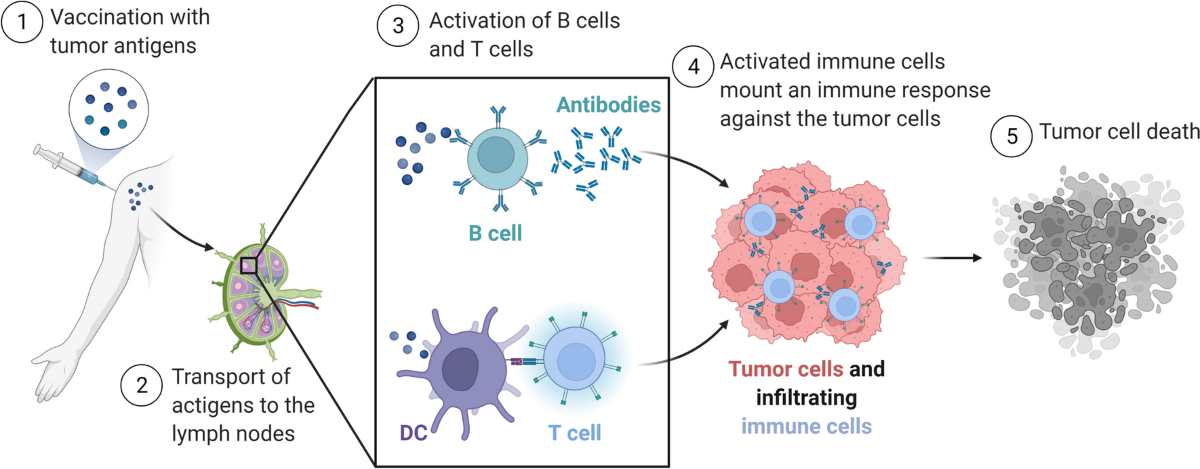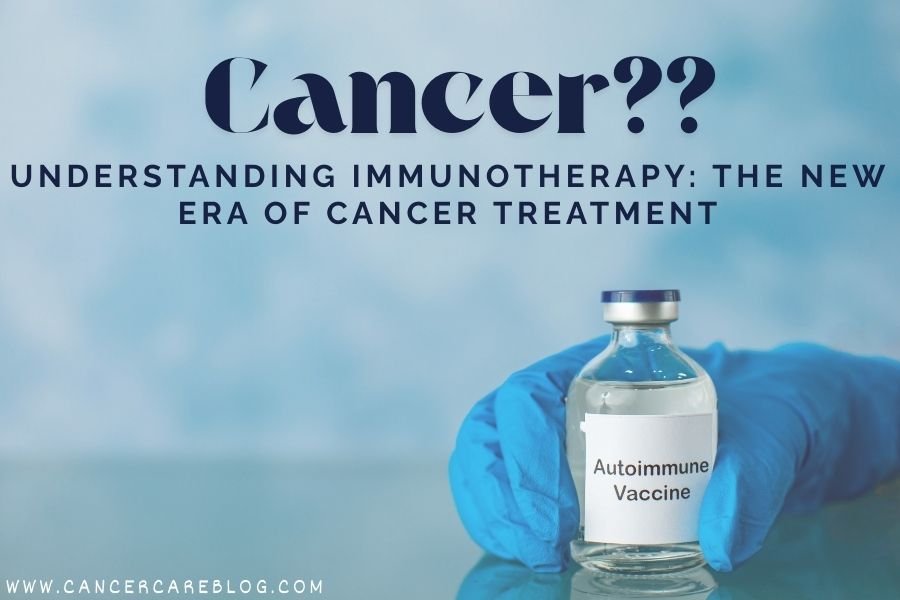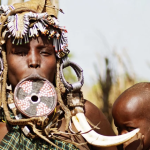Russia’s Cancer Vaccine — Real Hope or Just Hype?

Russia’s Cancer Vaccine — Real Hope or Just Hype?
In a groundbreaking announcement, Russia has revealed its plans to launch the world’s first cancer vaccine in 2025. This news has sparked excitement and skepticism in equal measure, leaving the medical community buzzing. After all, Russia made headlines worldwide in 2020 when it was the first country to develop a COVID-19 vaccine, Sputnik V. Now, it’s raising the stakes with a bold claim to have developed a vaccine for one of the world’s most deadly diseases: cancer.
But how realistic is this breakthrough? And more importantly, is it truly a cure, or is it just another headline-grabbing promise?
Dr. Paramjeet Singh, a respected Indian doctor and founder of Dr. Education, has carefully broken down the key questions surrounding this cancer vaccine:
How Does the Cancer Vaccine Actually Work?
The details behind how Russia’s cancer vaccine functions are still shrouded in mystery, but reports suggest it’s based on a novel approach to cancer immunotherapy. Rather than targeting the cancer directly like traditional treatments (such as chemotherapy), the vaccine aims to boost the body’s immune system, training it to recognize and fight cancer cells. This mechanism is similar to how vaccines for infectious diseases work, stimulating the body’s immune system to fight specific threats.
If proven effective, this vaccine could potentially prevent cancer or reduce the risk of relapse in those already in remission. However, experts caution that developing a cancer vaccine is not as simple as creating one for infectious diseases.
Is the “100% Effective” Claim Even Possible?
One of the most controversial aspects of Russia’s announcement is the bold claim that this vaccine is “100% effective.” This assertion has raised alarm among medical experts who argue that such a claim, particularly in the field of cancer research, is highly improbable. Cancer is an incredibly complex and varied disease, with each type and even each individual case presenting unique challenges.
No treatment in medical history has ever been 100% effective, especially in a disease as complex as cancer. Dr. Singh highlights the inherent difficulty in creating a single treatment that works universally across all types of cancer. For now, the scientific community remains skeptical, urging the need for extensive trials and validation before any claims of success.
Why Is Creating a Cancer Vaccine One of Medicine’s Toughest Challenges?
Cancer, unlike viruses or bacteria, is not an external pathogen that can be targeted with a vaccine. Rather, it’s a group of diseases where cells in the body begin to grow uncontrollably. Each cancer is genetically distinct, which means that a one-size-fits-all solution is almost impossible.
For a cancer vaccine to be successful, it would need to specifically target the abnormal cells without harming healthy tissue — a monumental task in precision medicine. Dr. Singh explains that developing this type of vaccine requires not only a deep understanding of cancer’s complex biology but also a method to identify and attack cancer cells before they spread throughout the body.
The Potential: A New Era in Cancer Treatment?
The potential for a cancer vaccine is undoubtedly huge. If successful, it could transform the landscape of cancer treatment, possibly offering an effective prevention method or a new tool in the fight against the disease.
Imagine a world where cancer is no longer a death sentence, but a treatable illness, similar to how we manage chronic conditions like the flu. Such a vaccine could offer new hope to millions of people worldwide, especially considering the high mortality rates associated with many cancers.
But Is It Just Hype?
While the excitement surrounding this announcement is understandable, experts caution against getting carried away. The promise of a “cure” for cancer has surfaced many times before, only for the treatments to fail or fall short of expectations. The scientific community is urging patience, stressing the importance of rigorous clinical trials, and waiting for solid evidence before any claims of success.
As Dr. Singh puts it: “This could either open the door to a new era in cancer treatment — or remain an unproven promise.”
The hope for a cancer vaccine is real, but so is the need for evidence. The journey from announcement to proven treatment is long, filled with rigorous trials, peer reviews, and a great deal of scientific scrutiny.
Conclusion: The Wait and See Approach
The news of Russia’s cancer vaccine has ignited a spark of hope, but it’s crucial that the world maintains a cautious optimism. This could very well be a game-changer, or it could simply be another instance of overhyped expectations. The future of cancer treatment lies not just in headlines but in thorough scientific validation.
So, what do you think? Is this the breakthrough we’ve all been waiting for, or just another wave of hype from Moscow? Only time and evidence will tell.
Let’s continue to hope — but let’s also keep our expectations grounded in science.











